Following the outbreak of war between the Palestinian militant group Hamas and Israel, pro-Palestine McLean students and a dozen other Fairfax County Public high schools orchestrated walkouts to call for a ceasefire in the Gaza Strip.
Walkouts are nothing new to McLean students; since May 2022, students have held four walkouts, protesting issues such as gun control, abortion and policy changes from the Virginia Department of Education. These ‘walkouts’ share one major problem: students coordinate and request permission from McLean administration to hold them, negating the entire point of a walkout. To maximize their effect, students should not cooperate with administration if they plan to stage a walkout.
The strength of a walkout is in the foundational principle of civil disobedience. By leaving class en masse without permission, students disrupt learning and force authorities to make a change.
The pro-Palestine walkout and other recent walkouts arranged by students are the spitting image of what a walkout shouldn’t look like. To start, the pro-Palestine walkout was held during Highlander Time Flex, so students already had permission to roam freely around campus. In advance, organizers acquired permission to walk out and accepted the administration’s censorship of protest graphics after a map was deemed ‘antisemitic.’
This approach simply isn’t logical. Students working with elements of the same authorities that they are often protesting—the government—is counterintuitive. A walkout is inherently a form of disobedience—obeying administration defeats the point.
Holding walkouts that are school-approved shows authorities that students do not deeply care about their cause. If they aren’t willing to receive an unexcused absence to represent their beliefs, the logical conclusion is they aren’t passionate about the issue.
The repercussions that naturally come hand-in-hand with civil disobedience are what strengthen causes. It shows the flaws of the institution and draws sympathy from the onlookers. It was the notion that Rosa Parks was arrested for merely sitting in a seat that drew attention to the racist policy. It was the fact that Gandhi was arrested for the crime of picking up a grain of salt on the beach that evoked the international outcry of millions against British policy in India. It is the consequences of civil disobedience that scream the loudest.
Change can be achieved through a simple march, but labeling a regular protest or rally as a walkout without any element of civil disobedience is detrimental. Holding a protest under the guise of a walkout during school hours affects the population of the walkout since students often have other priorities. During the pro-Palestine walkout, many students were forced to choose between enjoying their Flex Time and showing their support for Palestinians, cutting down the size of the walkout. On the other hand, holding a regular protest outside of school hours removes this limitation; the Black Lives Matter protest held by McLean students following the murder of George Floyd garnered the attendance of hundreds of students, parents, and community members.
School-approved walkouts are no more than acts of performative activism. They accomplish nothing because authorities don’t feel the pressure to put an end to any disruption through change. The effect of these pseudo-walkouts is superficial. Students want to make a change while simultaneously fearing the repercussions of what it takes to make a change, so they plan these walkouts to feel as if they are doing something while dodging the harsh yet necessary backlash. It’s time for students to stop straddling the fence of activism and start making commitments to their cause.
Student activism needs to change
Walkouts that are permitted by administration are not true walkouts
Donate to The Highlander
$335
$1000
Contributed
Our Goal
Your donation supports the McLean High School's independent, award-winning news publication.
More to Discover


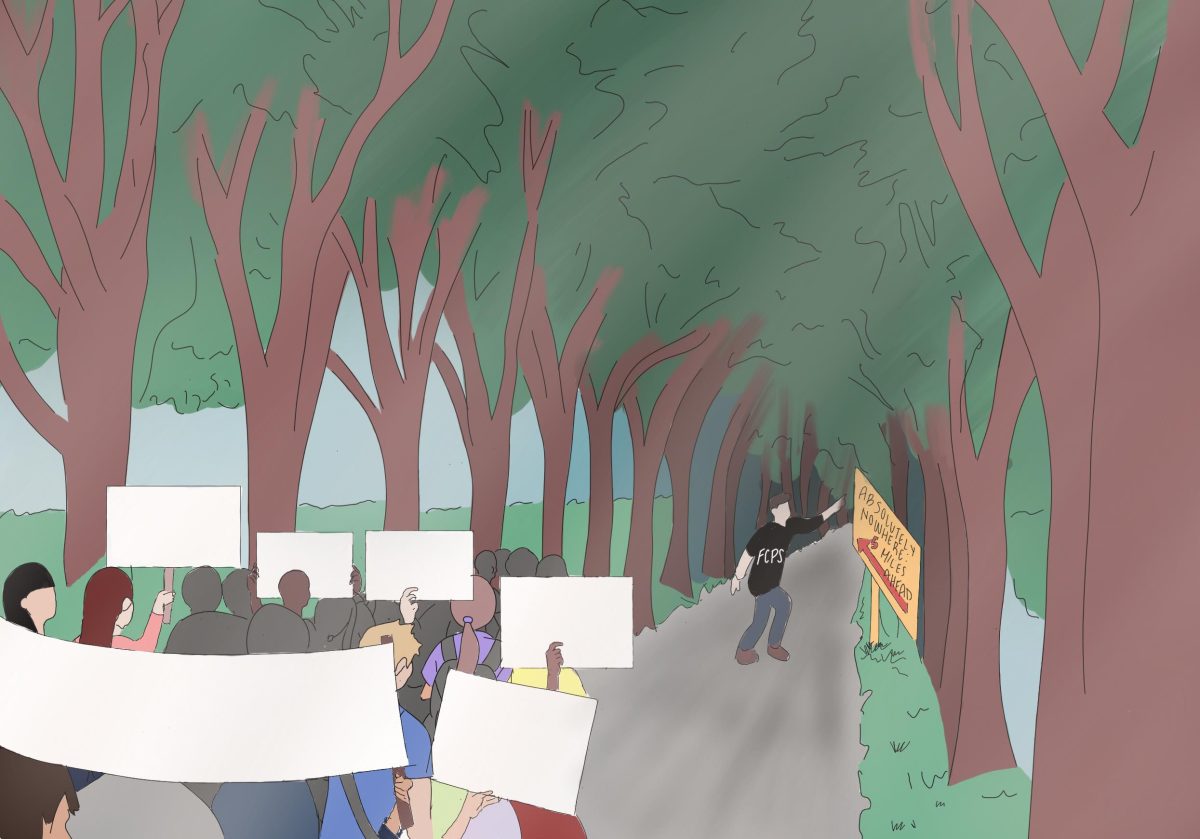
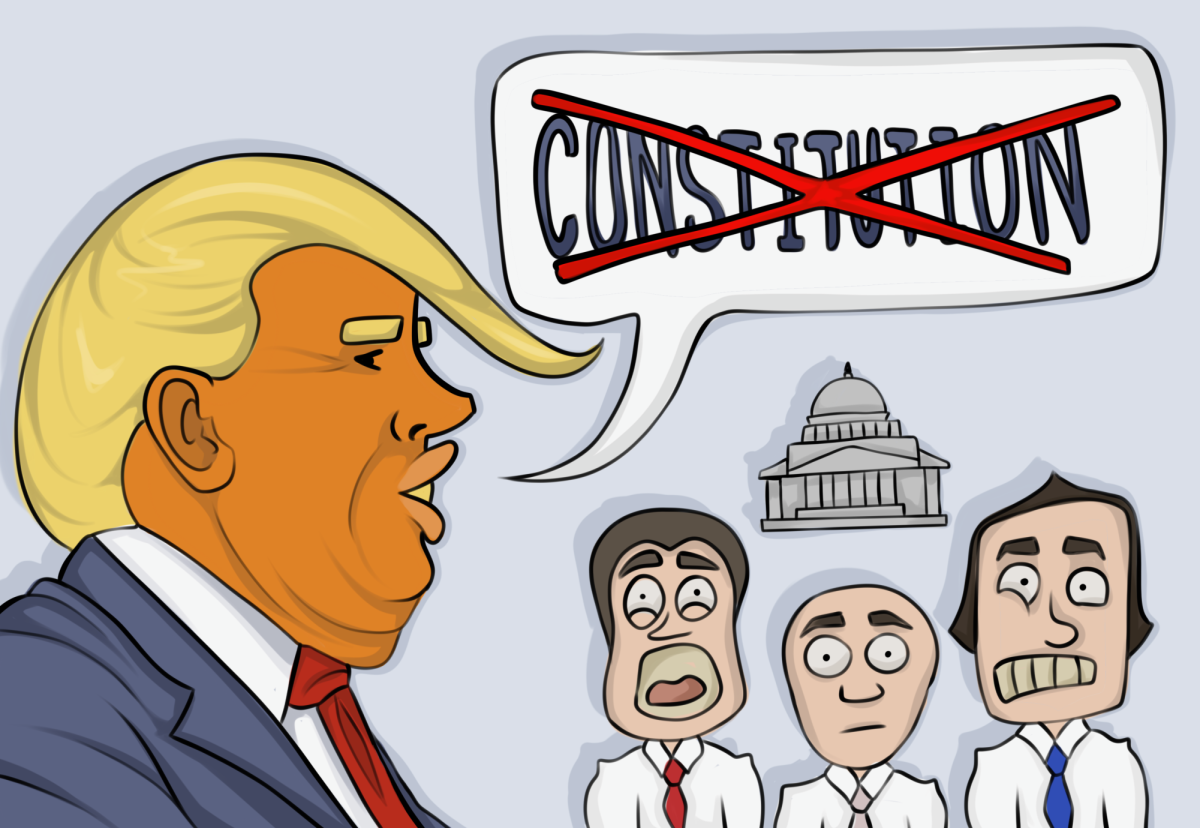

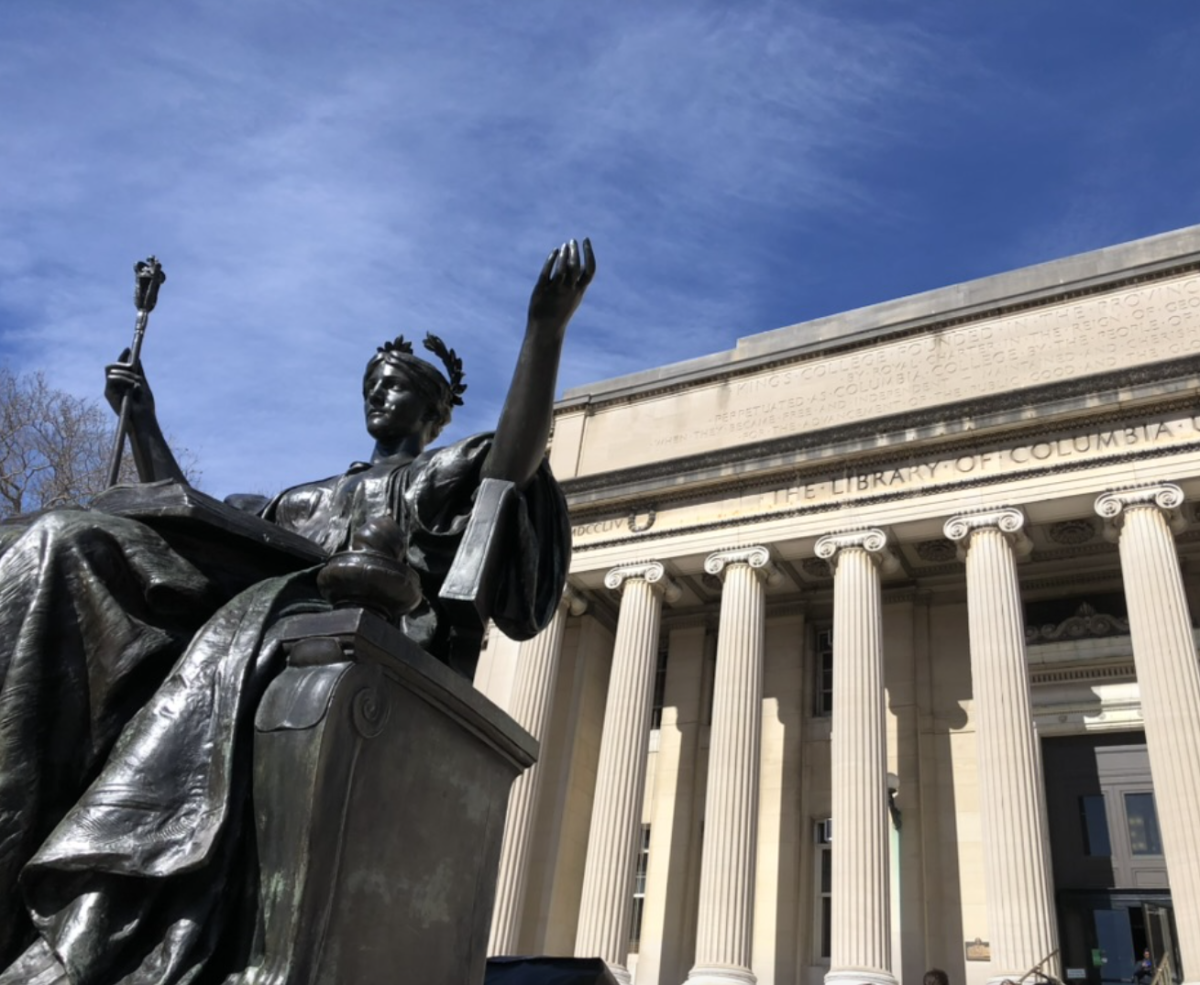
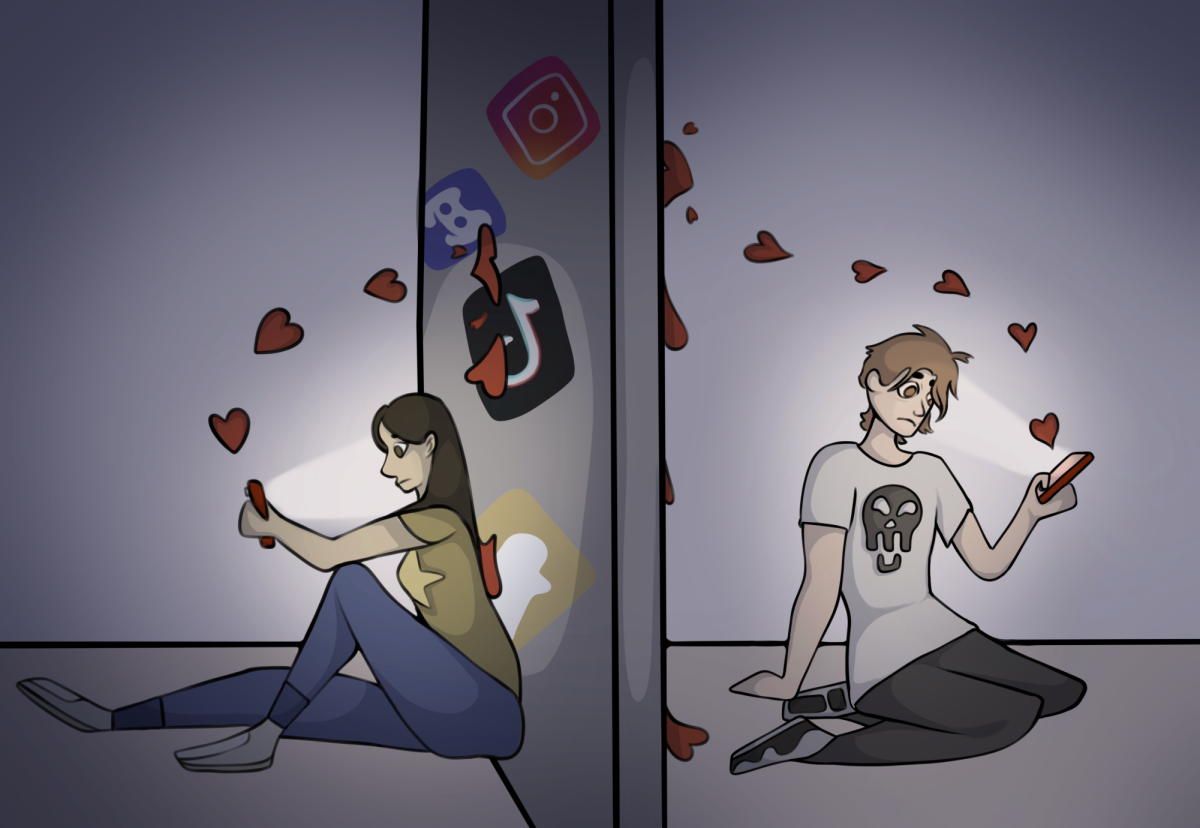





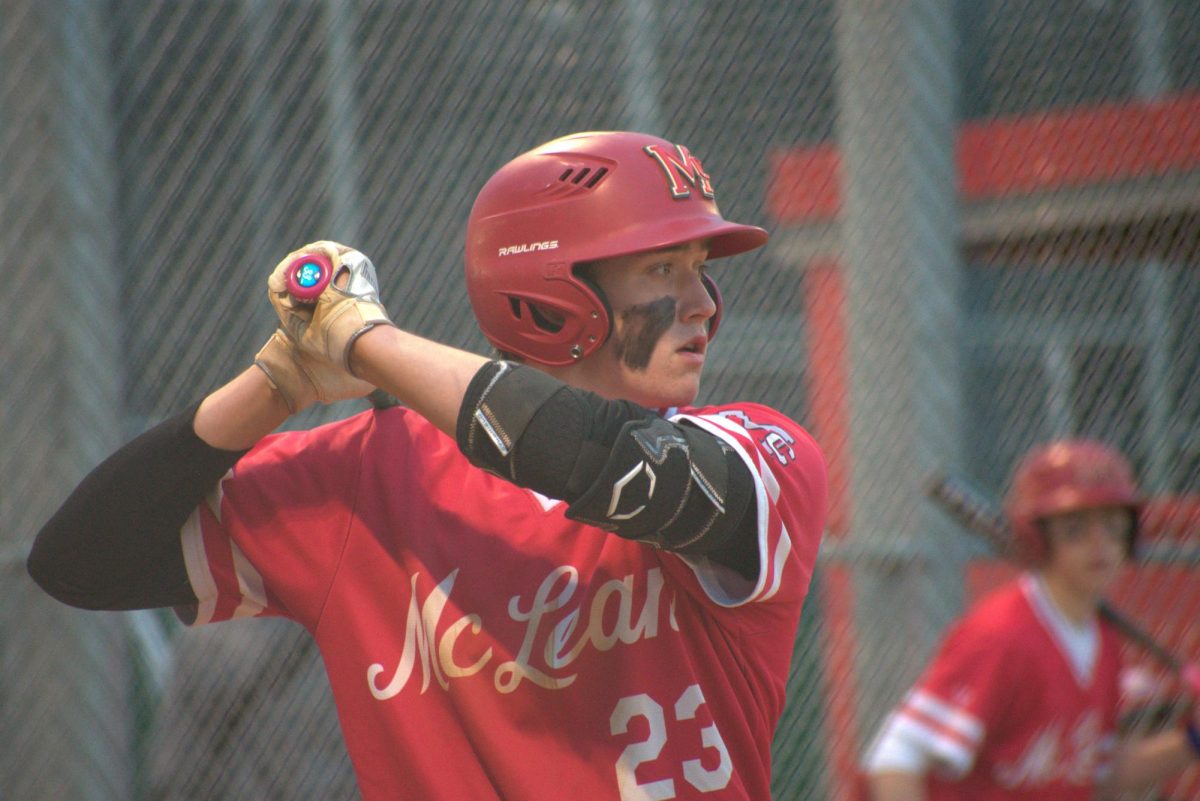
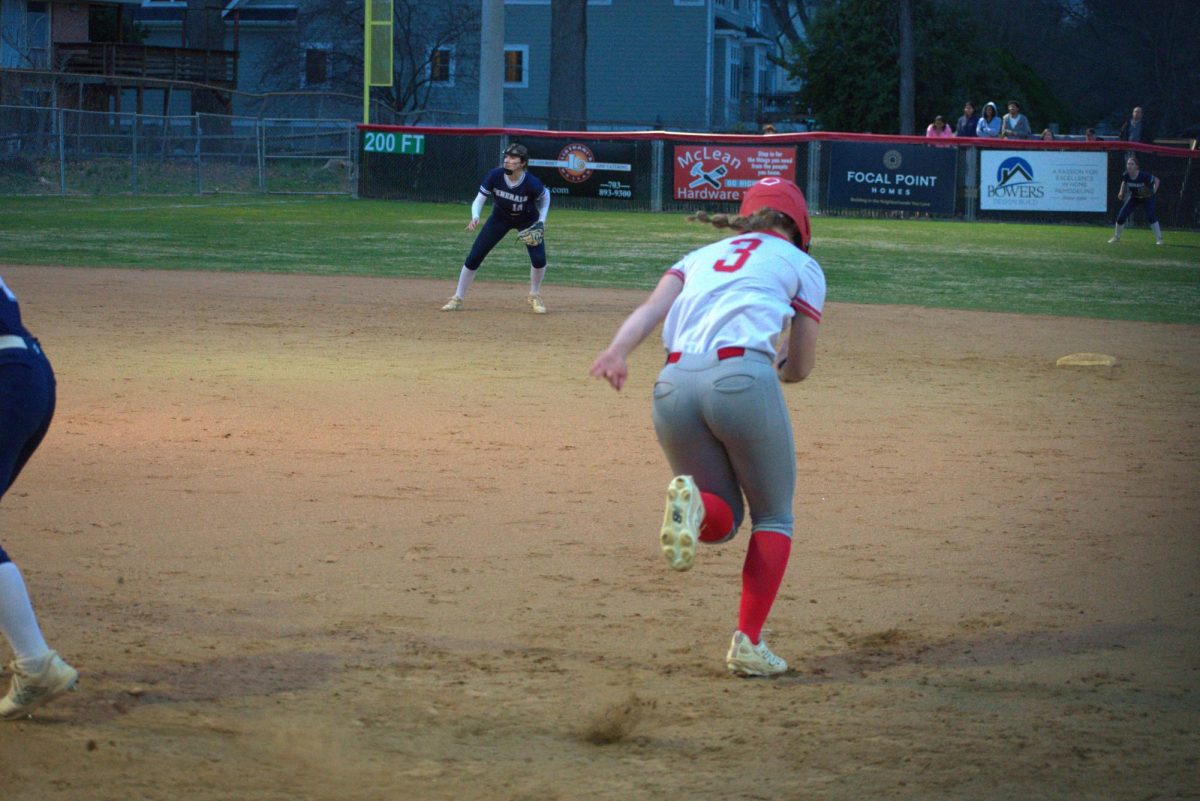

Andrew Egorin • Nov 29, 2023 at 6:17 am
Excellent piece, one of the best the Highlander’s had in a while. It feels like student engagement in politics is only increasing, and I think it’s great that this magazine has the courage to take a critical eye to the issue.